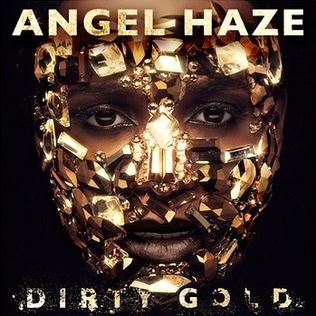
Early April, 2020. Kids are upstairs rewatching Steven Universe; they’ve eaten dinner. One of them’s in their pajamas. Jessie is reading in our bedroom. A couple of hours from now, after everyone else in our house has gone to bed and been tucked in, I’m going to put in my earbuds and load the dishwasher and scrub the counter and return to bed by, oh, 3 a.m. Before bed and then after bed I’ll be corresponding, via email and Twitter DMs and open messages and Discord and Slack, with the people outside our house who buoy me up and mirror my worst moods and then explain or solve or ameliorate them, the people—some of them exactly my age, others not quite out of their twenties—whom I’ve found since coming out as trans, since announcing social and medical transition, since telling anybody who would listen that I’m a girl, that I have always wanted to be a girl, that I see myself in an achingly direct way not only in some of the poems of W. B. Yeats and Walt Whitman and Elizabeth Bishop and in Shakespeare’s Celia and in Mrs Dalloway but also in Rachel Gold’s Emily and Rachel Hartman’s Seraphina and the Pirate Red Queen Katherine Pryde, and in the articulate, close-knit, sometimes needy fan communities around them.
You have reached your article limit
Sign up for a digital subscription and continue reading all new issues, plus our entire archives, for just $1.50/month.
Already a subscriber? Sign in




